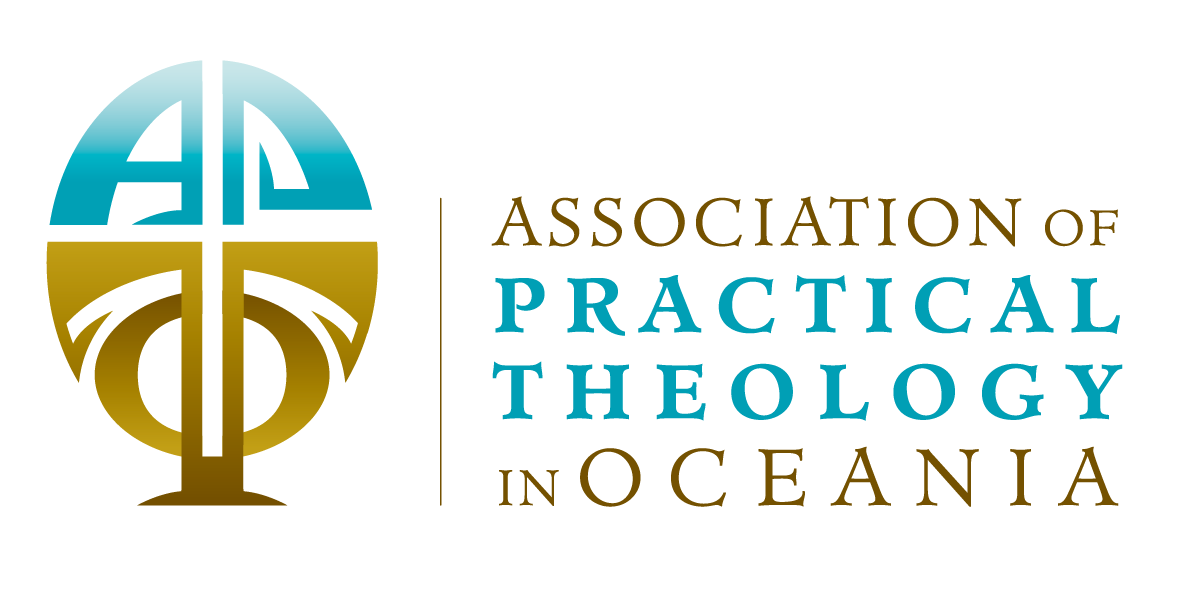

Discussion Time:
My current PhD research is with contemporary women who are on the edge of the institutional church and hence discovering their own inner spiritual authority. I am exploring how these women respond to the lives and writings of the beguine mystics of the thirteenth century. Initially, however, I conducted interviews with a sample group of Australian women to hear their stories of discovering their own spiritual authority. These stories have included the joys and challenges of being part of a church community whilst on this journey. This paper will highlight some themes emerging from my research concerning women’s experiences of their inner authority being challenged or silenced within the institutional church. The women interviewed are from across Australia and are diverse in age and denominational background. Drawing upon their stories, I will outline the changes that occur in a woman’s relationship with the institutional church as she discovers her own spiritual authority and finds her voice. Although each story is unique, there are common underlying themes which offer insights for how the church can provide a safe, accommodating space for women as they develop spiritually. The conclusions of the paper will examine how the church reacts to voices of dissent and the damaging effects this may cause. I will identify approaches that have brought healing and wholeness to these women during their change in understanding of spiritual authority and make suggestions for how the church could embrace these voices and provide support for women in their faith development.
This presentation will name key insights from a body of autoethnographic research that I used to voice a theopoetic testimony about my lived experience with trauma. I will outline how Shelley Rambo’s theology was used to structure and name these insights and I will also identify the components (thematic ideas) of an embodied spirituality that surfaced as a result of the research. In keeping with the theopoetic articulation, I will weave my own poems and songs that made up this testimony throughout the presentation.
This presentation is grounded in the idea that from the very beginning the practical outworking and proclamation of the ‘good news’ has always been first and foremost telling the story of the encounter with God in Jesus the Christ, and the healing, life changing effect this had on each person. An encounter that saw people healed in body and soul, mind and spirit! A redemptive, sanctifying, transfiguring, indeed re-creative encounter. The ‘good news’ is indeed the story of someone, and personally encountering this someone. In fact, the core activity of the Church’s apostolic ministry has always been the telling of God’s story, especially as revealed in Scripture and, in particular, to tell the story of Jesus and the stories told by Jesus. Messengers/disciples must know through personal encounter the story of the person they follow and espouse! God’s story, our story, my story intersected in Kairos time and the result was healing - shalom. There can be no more essential, practical theology than the telling of God’s story. No more powerful leitourgia than to find, facilitate and enable the connection of the human story and God’s story in sacred time and space, be that at a church, workplace, a kitchen table, a liturgy or a walk in the bush. Sacred and human storytelling is a lost but foundational, fundamental and also an earliest and indispensable ministry of the church. This paper will draw on the disciplines of pastoral leadership, Biblical storytelling, spiritual direction, pastoral care and local missional engagement. Informed by the work of Lossky, Bloom, Shea, Navone, Belden, Boomershine and others, the paper will explore the place the tragic and destructive loss of sacred storytelling and human storytelling has played in the church’s failure to engage in the encounter with the transfiguring, healing, re-creating life in God. The presentation concludes with a proposed solution to the church’s failure to engage in the encounter with the transfiguring, healing, re-creating life in God. A solution through the active engagement in the practical work and theology of listening for God’s story and telling it as Jesus did, listening to people’s story as Jesus did and facilitating the encounter with God, be it in a church, up a tree or a marketplace. A solution of valuing our story, our storytellers and the ancient, yet now critically necessary ministry of sacred, Biblical storytelling.